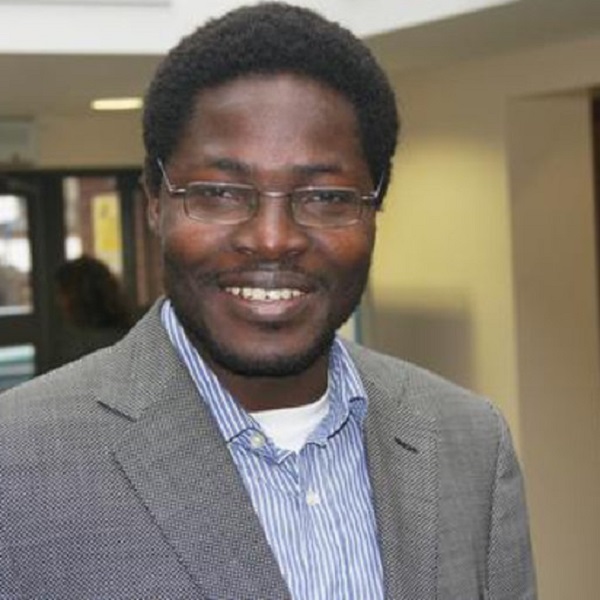Aid organisations need to abandon their charitable status and be run as profit-making businesses if they really want to help Africa flourish, a major conference is to be told.
Dr Seun Kolade, Senior Lecturer in Strategic Management at De Montfort University Leicester (DMU), says there is a ‘weariness and wariness’ by Africans towards the UK charity sector, which he believes provides its donors with a ‘skewed vision’ of what sort of help the continent needs.

Dr Kolade says the multi-million pound UK giving system - ‘a paternalistic model of intervention’ - needs to be scrapped and a new economic model adopted to encourage the growth and prosperity which everyone yearns for in sub-Saharan countries.
Dr Kolade will address the issue at the ‘1st International Conference on African Entrepreneurship and Innovation’ which takes place at DMU on 13 and 14 June.
The conference includes key note speeches and panel discussions by professors from universities in Zambia, Ethiopia, Nigeria and Kenya, as well as the UK, and wants to investigate how to bring about a new era of fortune in Africa.
Dr Kolade, who was born and raised in Nigeria, said: “Starvation and humanitarian aid are not the full story of the continent. People in the UK are often presented with an image that is lopsided and unwittingly dehumanises people from that part of the world.
RELATED NEWS
Be inspired. Come to the next DMU Open Day
Football stadium cheers on DMU grad promoting science in Afric
Ex-footballers hopes to use DMU course to tackle inequality in Africa
“It is skewed. The intention of these images of starving children is to encourage people to give but there is a better way of doing this.
“You should change donors to shareholders. There are not the same returns as big business but what you are doing is investing in people’s futures, not only in terms of there being returns on your money but there are returns in the long term social outcomes you help create. This approach also encourage better accountability.
“Why not go to parts of Africa and run a business that is making profit but the core objective is not to maximise that profit but to use the money to bring about social change?
“Charities are underpinned by a model where people become desperate and you go in to help.
“There is some merit in that, but you put people into a condition of dependence, where they are effectively led to believe they are helpless and cannot help themselves. This has not been effective in African countries for the last few decades.
“There is a new way, which is ‘we want to work with you to help yourself’ and not say ‘we are coming to fix things for you’. To be sure, a number of charity organisations are already doing this by supporting subsistence, necessity-driven entrepreneurship in developing countries, but we are talking about engaging at a strategic, entrepreneurial level to support innovative, opportunity-driven entrepreneurship and help integrate these businesses into the international market- in a model that benefits all parties”
“We are not calling for disengagement. We are calling for a new way to engage.
“Current charities need to ask, ‘what are people doing to help themselves?. How can we support them to do it better, and link them to the mainstream, global economy’?
“There is no reason why charities cannot run as a business, make profit and share that profit.
“There is a weariness and a wariness in relation to these old models of charity. Almost everyone that I talk to in different parts of Africa shares the view that this old model is not working. You have to go back again and again and again.
“What is the goal of the aid industry? Once these children are no longer emaciated what do you do? How do you justify your continued existence and relevance?
“There is always going to be crisis in the world. There will always be a need for emergency aid, but there is a difference between that and development.
“Development assistance cannot work on the basis of aid. We need honest, transparent and dynamic businesses. That is the way forward.
“It is a conversation that will be on going and we invite charity organisations to come and speak to us about it.”
The 1st International Conference on African Entrepreneurship and Innovation is in the Hugh Aston building, the Faculty of Business and Law, DMU, on Thursday 13 and Friday 14 June.
Other issues being discussed include gender and diversity issues, digital entrepreneurs, hi-tech enterprises, agriculture and young people in business.
You can read more about the conference here
Posted on Wednesday 12 June 2019